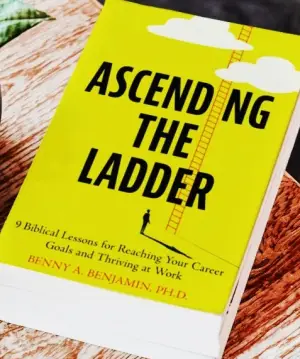I recently delved into Taking Stock: A Hospice Doctor’s Advice on Financial Independence, Building Wealth, and Living a Regret-Free Life by Dr. Jordan Grumet, and it was quite an enlightening journey. As someone who enjoys exploring personal finance and self-improvement, the book’s premise intrigued me—particularly how it draws insights from the poignant experiences of patients at the end of their lives.
Dr. Grumet, known for hosting the Earn & Invest podcast, has effectively merged two seemingly disparate topics: financial independence and the reflections one has when facing mortality. It’s a unique blend that often had me reflecting deeply on my own life choices. The book offers a practical guide, encouraging readers to take control of their finances while also emphasizing the importance of meaningful living.
One of the book’s standout features is the practical advice it provides a nuanced approach to spending and saving. The author doesn’t bombard you with excessive money management jargon, which can often be overwhelming. Instead, he presents clear, concise terms that pave the way for financial literacy without the intimidation factor. This approach resonates with many readers, particularly those who, like me, have felt hesitant in the past about discussing finances. As one reviewer aptly noted, the simplicity of the money management aspects makes the book accessible for those just starting their financial journey.
Moreover, the personal anecdotes shared throughout the book—derived from Dr. Grumet’s interactions with dying patients—lend profound emotional weight. The stories resonate on a human level and make the book much more than a mere how-to guide. They serve as life lessons, offering insights into the regrets of those who reflect upon their existence. This ties back beautifully to what the book promises: to live fully now rather than waiting until the last moment.
However, I did encounter a couple of drawbacks that I feel are worth mentioning. While the book is intended for readers of all financial backgrounds, some parts might not resonate with those who are already quite familiar with the concepts of Financial Independence Retire Early (FIRE). Experienced individuals in this community may find some of the advice to be rather introductory, lacking depth in certain aspects. It’s essential to temper expectations if you are already well-versed in financial strategies.
Additionally, while the narrative is compelling, the book might be less suitable for those who prefer a straightforward financial guide without the emotional context related to mortality. This emphasis on life lessons could be a double-edged sword; while it helped me approach my finances with renewed purpose, others may be seeking purely tactical advice.
In conclusion, Taking Stock met my expectations and provided me with both practical and emotional insights. Dr. Grumet beautifully encourages readers to evaluate not just their financial choices but also the life experiences that matter most. It presents a balanced view of saving and enjoying life’s moments, which can deeply resonate with anyone seeking a meaningful existence amidst the challenges of financial planning.
If you’re looking for a book that intertwines personal finance with heartfelt introspection, I’d highly recommend giving this one a go. Just keep in mind its dual nature—it’s as much about emotional fulfillment as it is about building wealth. This blend may not appeal to everyone, but I found it to be a refreshing approach to financial independence that truly made me reconsider how I wish to live my life.








